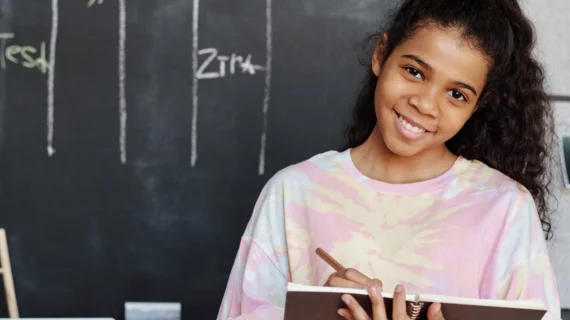Philanthropic foundation to spend $250M training tomorrow’s healthcare workers across 10 cities
A new model of workforce training is emerging to help hospitals fill vacancies in nursing, medical imaging, surgery and other clinical departments.
The model emphasizes recruitment and training of teenagers. It has buy-in—and backing—from Bloomberg Philanthropies, a foundation launched by tycoon businessman and former politician Michael Bloomberg.
In coverage by the New York Times, the foundation makes known its intent to spend a quarter-billion dollars over five years across 10 cities and regions for the initiative.
The Bloomberg organization will work with select health systems, pairing them with high schools.
Starting as early as 10th grade, students at the schools will have their tuition covered for earning college credits.
The credits on offer will target understaffed medical disciplines identified by the health systems, which also will lead development of the curricula.
Bloomberg Philanthropies educational head Howard Wolfson tells the newspaper he “envisions cities across the country setting up pipelines to fill 2 million job openings in healthcare”—and counting.
The Times focuses on the Mass General Brigham health system in Boston because the Bloomberg program is establishing its first foothold there.
Next will come New York City, Philadelphia, Nashville, Houston, Dallas, Charlotte, Durham and rural parts of Tennessee and Alabama.
In Boston, Bloomberg Philanthropies will lay out $38 million to turn a “small existing high school into an 800-student feeder for the sprawling Mass General Brigham system, which is currently plagued by some 2,000 job vacancies.”
Other features of Bloomberg’s program as described in the Times:
- In Boston, the $38 million will allow the Edward M. Kennedy Academy for Health Careers—whose present enrollment is more than 90% Black or Hispanic—to gradually double its enrollment to 800 students from 400 and to offer five healthcare career tracks instead of the current two.
- Students will choose a specialty by the end of 10th grade, then spend time as juniors and seniors training in hospital labs, emergency departments and other such settings.
- Median starting salaries for some of the jobs that students will train for range from $56,000 for surgical technologists to $71,000 for respiratory therapists.
Mass General Brigham’s president and CEO, Anne Klibanski, MD, tells the Times that the Bloomberg-backed partnership with the school
… will diversify the [health] system’s workforce, helping it more closely mirror the increasingly diverse city it serves. Filling vacant jobs will also help cut wait times for patients and ease burnout among overextended employees.
For a list of hospital-school partnerships already lined up for the Bloomberg initiative, see the organization’s program announcement.

